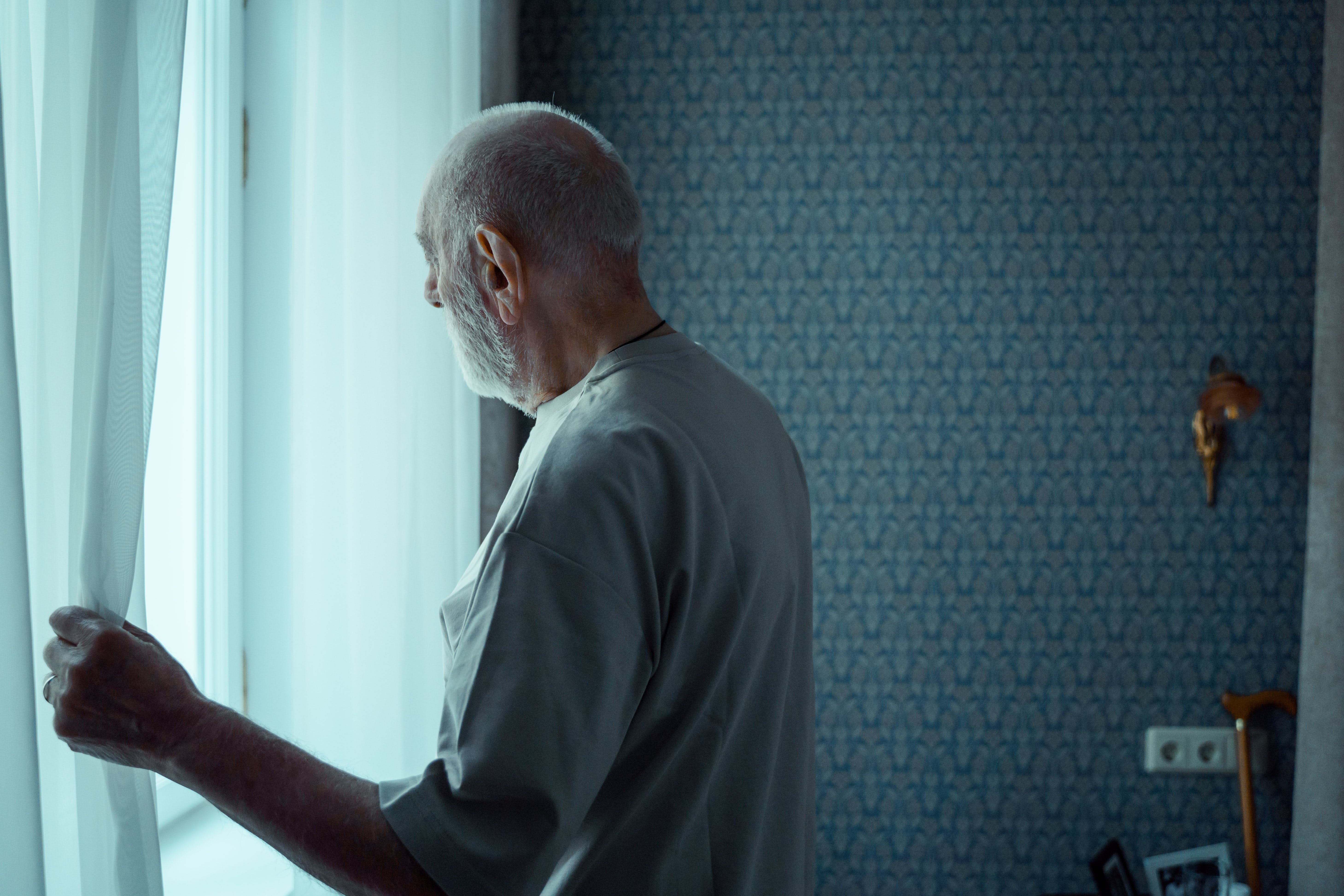New study shows adults are still struggling to receive proper mental health care as COVID continues.
As COVID continues to be an issue in the U.S., the number of American adults who aren’t receiving proper mental health treatment is increasing. Sadly, the health care infrastructure just hasn’t kept up with demand, and as a result, countless people are suffering more than is necessary. While many recent studies have specifically focused on the gaps in treatment for children and teens, it’s important to not overlook a lack of resources for American adults as well.
Without a doubt, the effects of the pandemic have deepened and worsened the mental health crisis that currently exists, both in the United States and around the world. Yet, as the calendar keeps moving further and further from the start of that global event, little progress has been made in making care available to everyone who needs it.
It’s not only those who are facing a mental health emergency who can’t get the attention they need from the health care system. It’s also the outpatient mental health services that are largely unavailable, as many adults reach out for help and find that nothing is offered – or, if it is offered, it is booked up and no appointments are available for months. The supply of providers in this area hasn’t dropped off in recent years, it’s just a symptom of the massive increase in demand since the start of the pandemic. Access to mental health services tends to be even harder to secure in rural areas that are not served by many healthcare facilities in general. Often, if a city only has access to one health care option, it won’t have mental health support, or that support will be very limited.

The unfortunate reality of the situation is that it is going to take some time to build up the healthcare system in the area of mental health support for both adults and children. There was a sudden spike in demand in response to the pandemic and other global events, but it takes more time than a few years to stock up the system with qualified professionals and the facilities they need to offer care. It seems likely that more and more young people will be interested in becoming mental health professionals given the strong demand for this service and the attention the topic now receives, but it’s going to be years before any growth in interest shows up in an additional supply of providers.
The good news is that more people than ever before are willing to openly acknowledge that they have mental health challenges that need to be addressed. But that’s only half of the picture when it comes to providing those people with the care they need. The other half is having providers available to care for them and making that care affordable across the range of people in society. There is still a long way to go on that front, and hopefully the years ahead will have some better news in store.
Sources:
Mental health care remains inaccessible to many distressed. adults in U.S.
U.S. adults face distress, unequal mental health care access during the COVID-19 era


Join the conversation!